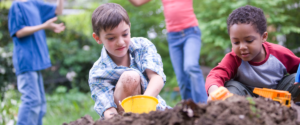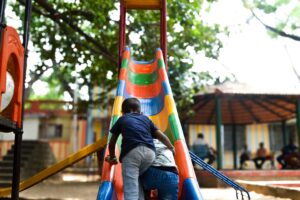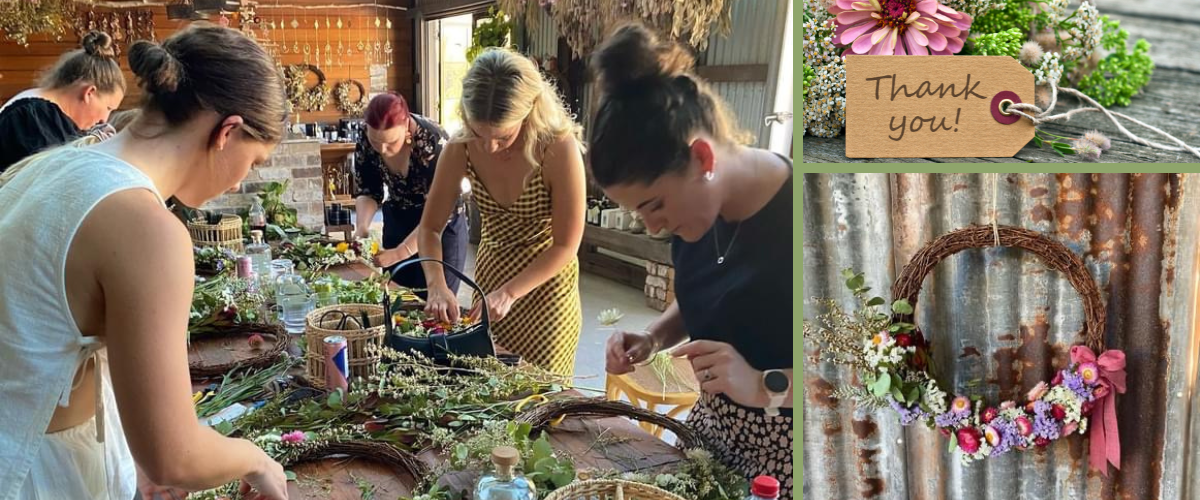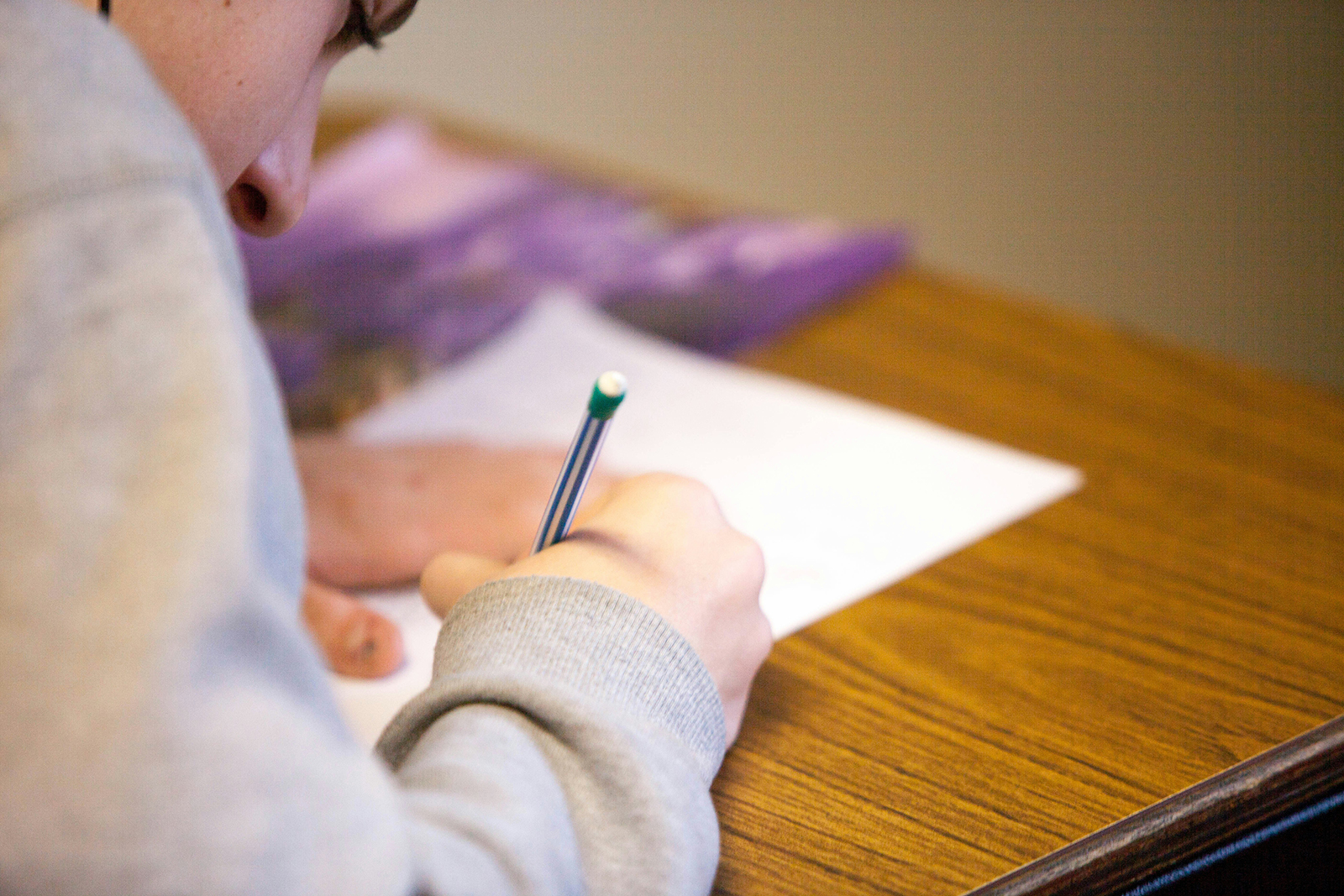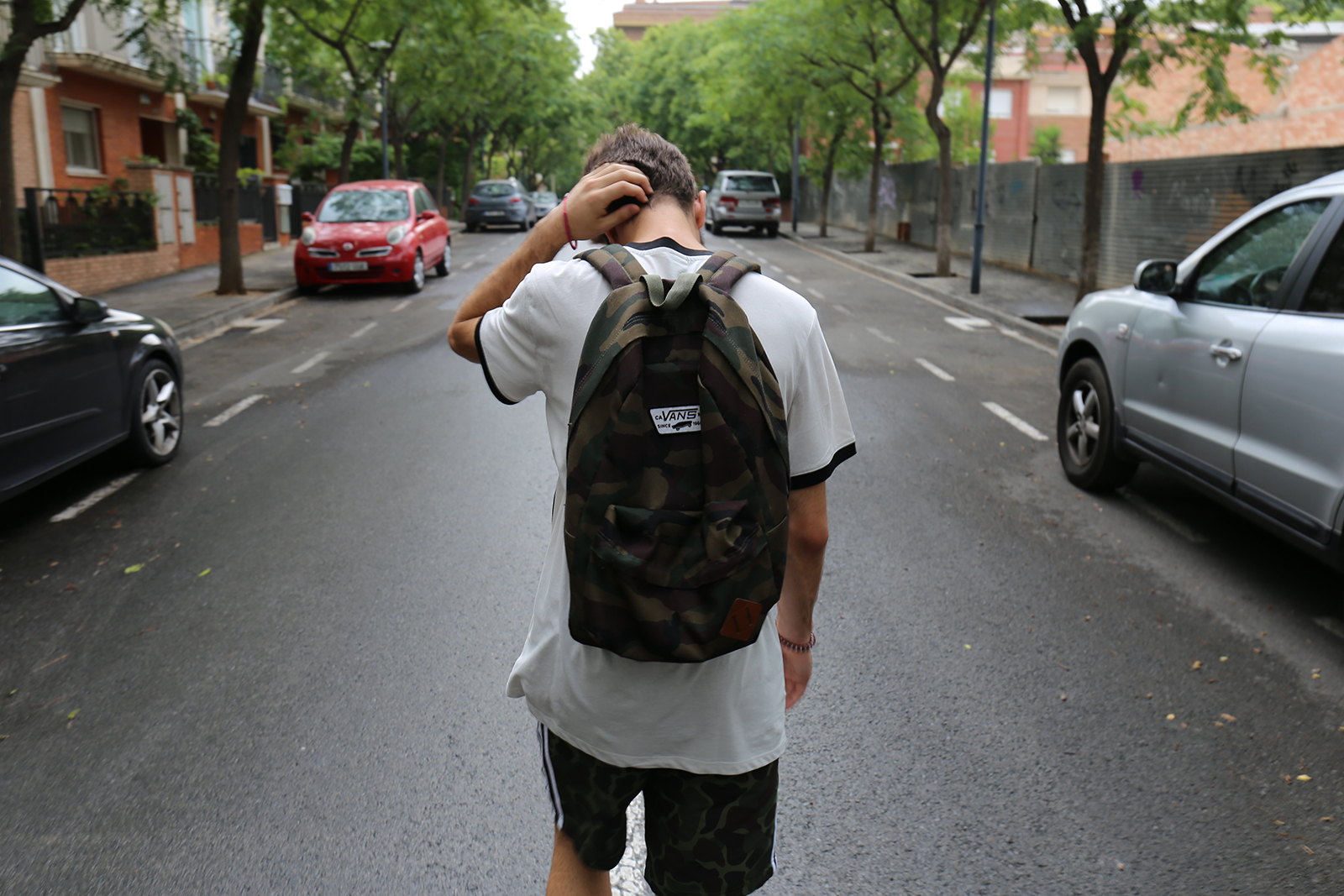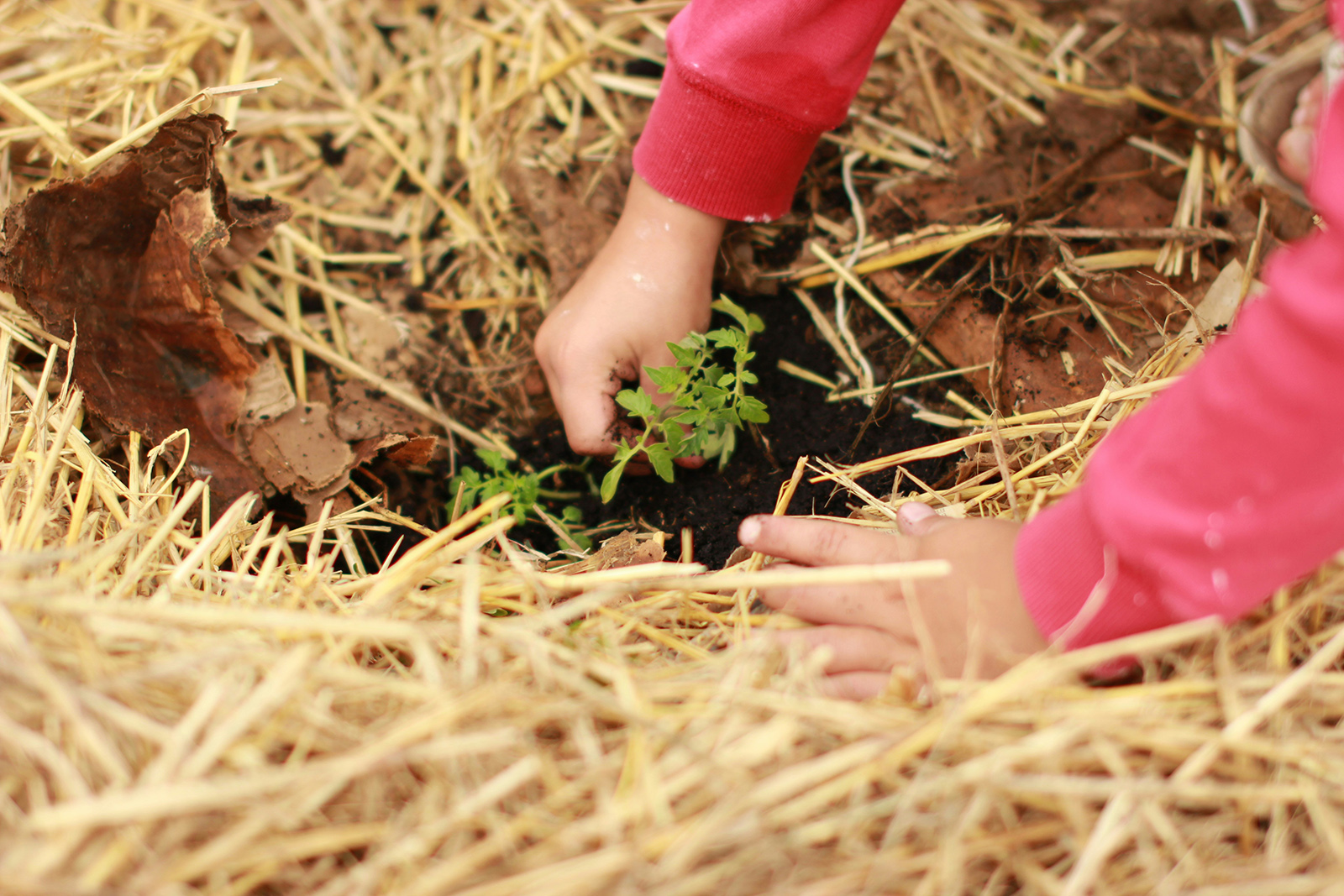
LIFE TRANSITIONS AND THE NEW YEAR
Happy New Year! We hope you have enjoyed the end-of-year celebrations with some yummy food, rest and spending time doing things that bring you joy.
Annual Theme – Life Transitions
Progressing from a year of developing Safety for Vulnerability for ourselves, our team, clients, and their families and communities has shaped us into this next phase of ‘Life Transitions’. For myself, our team, and many of our families, they are all going through new life transitions. Life transitions are powerful and have the potential to shape who you were, who you are and who you are becoming.
What are life transitions?
Life Transitions can also be described as ‘Transitional stages of life’.
It is defined by significant changes in roles, responsibilities, and routines requiring you to adapt to new circumstances. It can also involve a constant flow from one temporary state to another, resulting in each of these changes being a transition or a “passage from one state, stage, subject, or place to another” (Transition, 2018).
Transitions in everyday life can be meaningful or a part of everyday life. Different types of transitions, for example;
Smaller everyday life transitions:
- Engaging in an everyday conversation – transitioning in and out of a conversation with someone.
- Commuting to school or work – leaving home, travelling, then entering the office or school grounds.
- Transitioning from different classrooms or from the classroom to recess and back again.
Significant Life Stage Transition:
- Transition to preschool, Kindergarten, Year 7 and transitioning out of school.
- Experiencing puberty.
- Beginning a relationship.
- Moving home: moving from one home to another.
- Moving Communities: moving from one town to another.
- Changing sporting clubs or sports.
- Changing careers, jobs or being promoted with different responsibilities.
- Entering the workforce.
- Commencement of University and a significant life transition for us adults is
- Parenthood.
Do you have any new life transitions happening this year? Or What life transition are you experiencing or in at the moment?
This year, we have a few of our clients coming to the end of their schooling years, some making the big transition into Year 7 and others who are transitioning into Kindergarten.
Personally, this year, I am making the new life transition into parenthood alongside my husband. A new life transition for us that you all are already on, and I am thrilled to be joining you.
For the team, many of us are going through our own life transitions as well and have shaped many of our conversations together by sharing our experiences and different strategies that have helped us along the way.
Explore and Soar’s Life Transition
As Explore and Soar approach our sixth year with you all, we are thrilled to be growing alongside our clients and families! We are excited to be sharing with you an extension of our services and an ability to continue to support you as you continue to grow.
For Explore and Soar, we, too, are in a new life transition; we have decided to share with you an extension of our service to continue to support our clients as they make the new step and life transition into adulthood. That transition from school to work. That transition to independence, living alone, being self-sufficient and living a meaningful and best life! We are so excited to continue to work with our clients now to the age of 24! This is an exciting opportunity for us to continue to build our occupational therapy team with therapists who are experienced in supporting our teenagers and young adults in these big life transitions!
To mark these life transitions for all of us, you will see our new Explore and Soar logos, socials and website updates, and a uniform change this coming month. We are loving these changes and are excited to share them with you. So keep an eye out, as they are coming soon!!
How Explore and Soar can help you?
Please know you are not alone; each person at different ages and stages in their lives go through different transitions based on their personal life experiences. Each of our clinicians is trained in providing strategies, interventions and support through any life transition, meaningful activity or everyday task. We love to problem solve and help no matter the question or concern.
Each month this year, you will also have access to a different blog that will go through different life transitions, big or small and have a range of different strategies or ways to support you through those moments.
We are always here to help in a range of different ways. If you’d like to chat more, please don’t hesitate to contact us today!
0477 708 217 or admin@exploreandsoar.com.au
Articles:
Adler, A. B & Castro, C. A. (2019). Transitions: a Theoretical Model for Occupational Health & Wellbeing. Occupational Health Science. 3:105-123.
Until next time,
Jess
PUBLISHED JANUARY 2024

